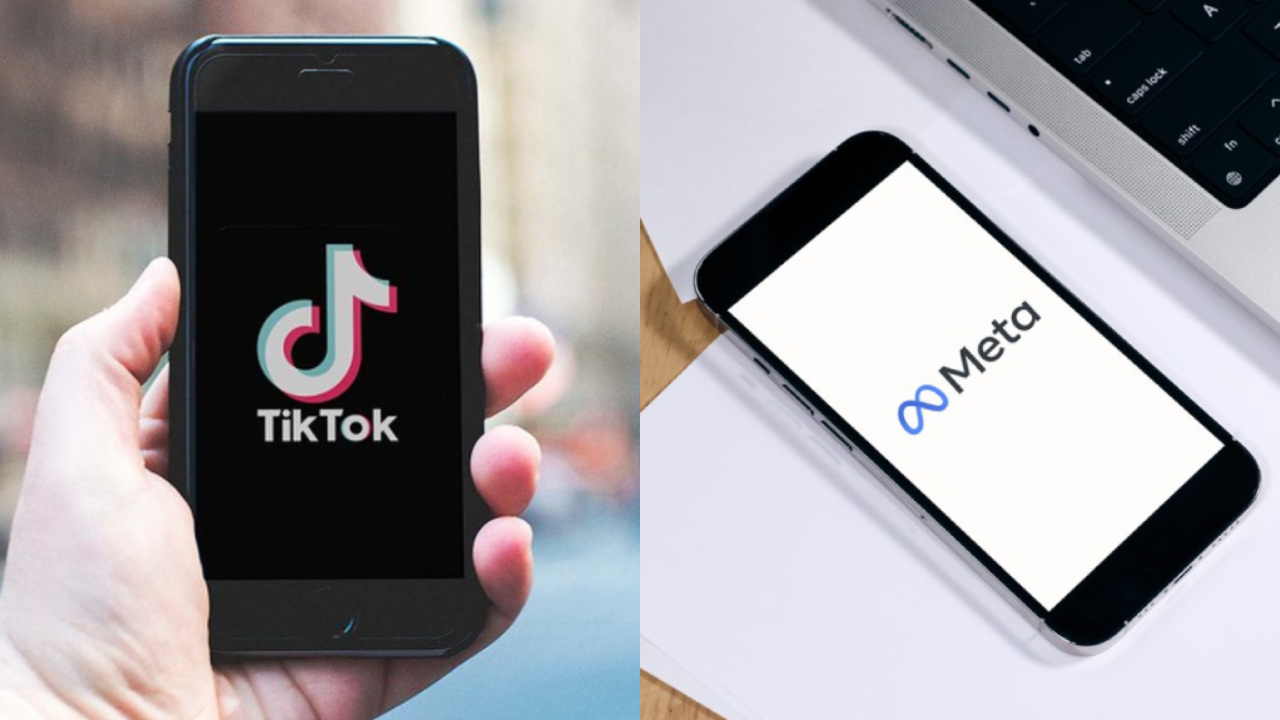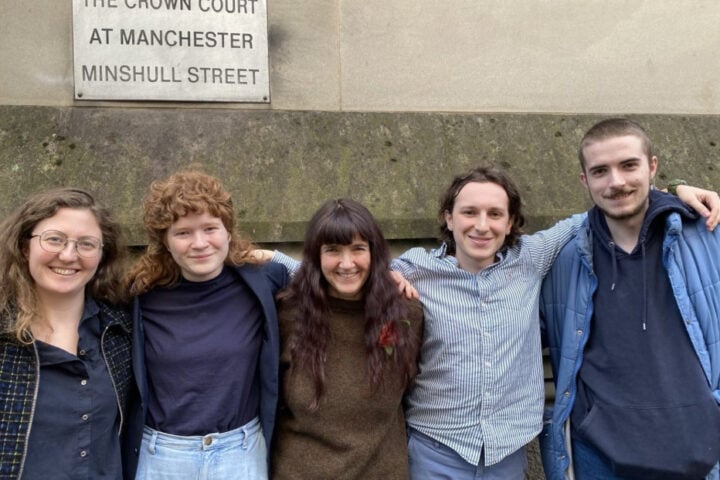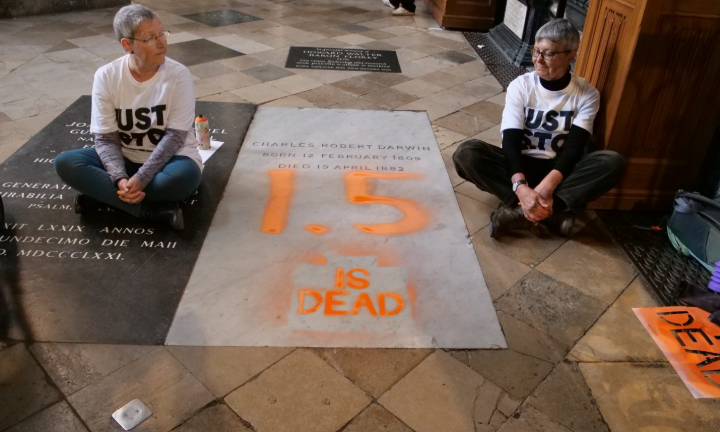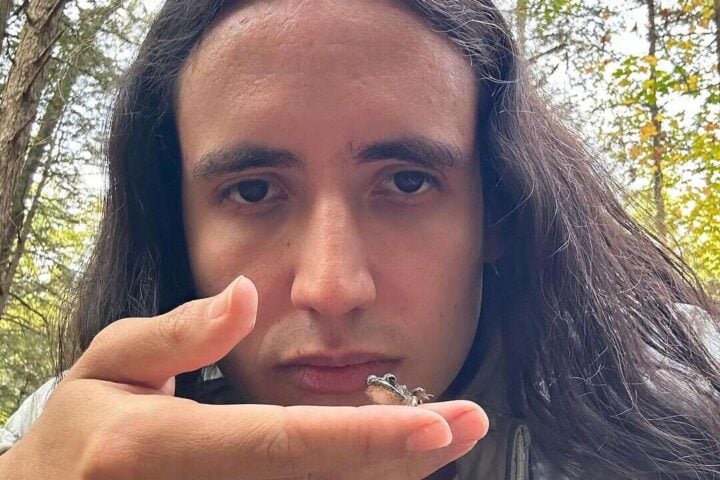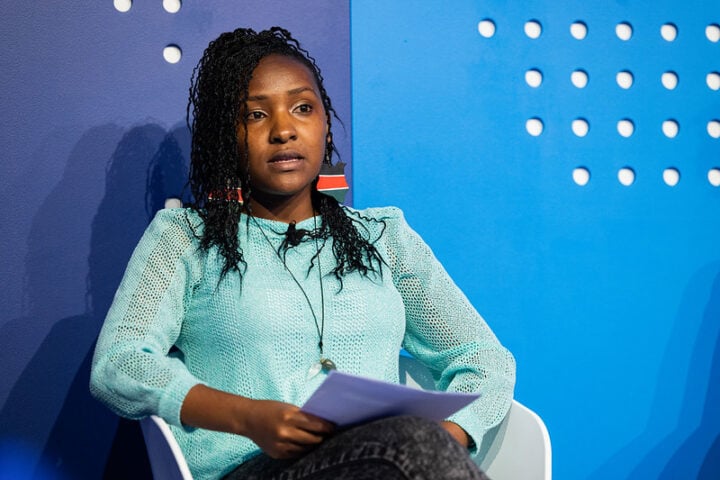Brazil’s Institute for Collective Defense, a consumer rights group, has filed two lawsuits demanding 3 billion reais ($525.27 million) from the Brazilian units of TikTok, Kwai, and Meta Platforms for allegedly failing to create mechanisms to prevent indiscriminate use of these social media platforms by minors.
Social media regulation has become a hot topic in Latin America’s largest country after a months-long dispute between X owner Elon Musk and a Brazilian Supreme Court justice resulted in the company paying heavy fines.
The lawsuits demand that companies create clear data protection mechanisms and issue warnings about mental health risks to children and adolescents due to platform addiction.
The lawsuits are based on a series of studies about potential harm caused by unsupervised use of social media, especially by children and adolescents.
“It is urgent that measures be adopted to change how the algorithm works, the processing of data for users under 18 years of age, and how teenagers aged 13 and over are supervised and their accounts are created, to ensure a safer, healthier experience… as already occurs in developed countries,” said lawyer Lillian Salgado, one of the plaintiffs.
Meta Platforms said in a statement that it wants “young people to have safe and age-appropriate experiences on our apps, and we have been working on these issues for more than a decade, developing more than 50 tools, resources, and features to support teenagers and their guardians.” The company, which owns Facebook, Instagram, and WhatsApp, also said it recently announced a new “Teen Account” on Instagram, which will soon arrive in Brazil and promises to automatically limit the accounts teenagers can view and who can contact them.
TikTok said it hadn’t received any notification about the case, while Kwai, a short-video-based social networking site, said in a statement that user safety is one of its priorities, especially when it comes to minors.
In Brazil, there has been active regulation of social media platforms, and in August 2024, the Brazilian Supreme Court issued a domestic service suspension order to X (formerly Twitter). Although X’s services were eventually allowed to resume in early October, the presiding judge emphasized that the conditions for resuming operations included full compliance with Brazilian law and “respecting national sovereignty and absolute compliance with judicial decisions.”
The organization alleges that these companies adopt monetization mechanisms that fuel user dependency and violate the General Data Protection Law (Law 13.709/2018) and the Child and Adolescent Statute (Law 8069/1990).
Similar Posts
According to the president of the Technical Committee of the Collective Defense Institute, attorney Lillian Salgado, this social media dependency relationship, besides promoting irreparable damage to children’s and adolescents’ mental health, transforms into true “slot machine.”
“Social media users begin to act like gamblers: every time they look at their phone, they feel the urge to check their profiles to see if there’s any reward waiting for them. The mechanism is rational and intelligent, but it runs up against the vulnerability of underage consumers, as the principle of best interest is not observed, to the detriment of company enrichment, since Brazilian children and adolescents are being used as guinea pigs,” warns the attorney.
In the lawsuit against Meta, the legal document denounces that “notably, despite tacit recognition of the networks’ vulnerability for the child and youth audience, the measures announced by the defendant company are still not sufficient to prevent misuse, making more severe measures essential to mitigate damages already caused.”
For Daniel Paulino, new technologies researcher at the institute, it is necessary for Justice to recognize that “the perennial and concrete occurrence of damage to children’s and adolescents’ physical, mental, and social health violates and offends the principle of best interest and precaution.”
In the action against TikTok and Kwai, the organization states that the automatic video playback mechanism (autoplay) facilitates uninterrupted platform use, as the user doesn’t even need to press play for videos to start playing.
With this feature, social networks TikTok and Kwai not only promote dependency but ensure the display of more and more advertisements, generating, again, profit at the expense of the underage user’s health.
